
9 Early Signs of Lung Cancer You Should Not Ignore
Lung cancer is one of the leading causes of cancer-related deaths worldwide. Unfortunately, it is often diagnosed at a late stage, making treatment more difficult and reducing the chances of survival. However, if caught early, lung cancer can be treated more effectively. The key is to recognize the early warning signs and seek medical attention promptly. Here are nine early symptoms of lung cancer that you should never overlook.
1. Persistent Cough
A cough that lasts more than two or three weeks should not be ignored. While coughing can be caused by many minor illnesses, such as a cold or allergies, a lingering cough could be an early sign of lung cancer. If your cough worsens over time or changes in character, consult a doctor.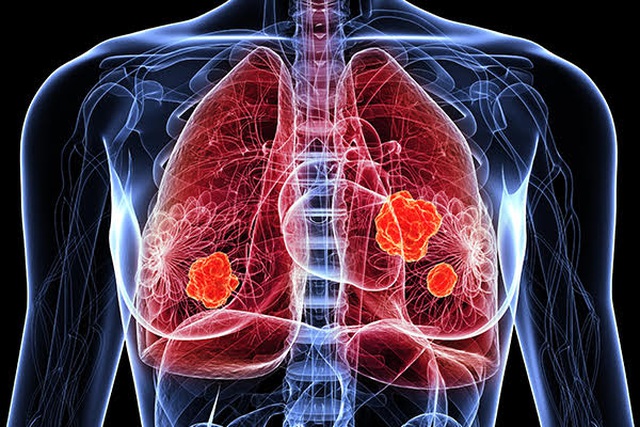
2. Coughing Up Blood
Coughing up blood, even in small amounts, is a serious symptom that requires immediate medical evaluation. This condition, known as hemoptysis, can indicate a tumor in the lungs. Even if it only happens once, you should see a healthcare provider right away.
3. Shortness of Breath
If you find yourself becoming short of breath during activities that didn’t previously cause any difficulty, it may be a warning sign. Tumors can block air passages or cause fluid to build up around the lungs, making it harder to breathe.
4. Chest Pain
Persistent pain in the chest area—especially when coughing, laughing, or breathing deeply—may be a sign of lung cancer. This pain can be sharp, dull, or constant, and may spread to the shoulder or back.
5. Unexplained Weight Loss
Losing weight without trying can be a symptom of many types of cancer, including lung cancer. Cancer cells can use up a lot of the body's energy and change the way the body processes food, leading to unexpected weight loss.
6. Fatigue
Extreme tiredness that does not improve with rest can signal an underlying illness. Lung cancer can cause fatigue by affecting your body’s metabolism and by releasing chemicals that interfere with normal body functions.
7. Hoarseness or Voice Changes
A tumor in or near the lungs can press on the nerves that control the vocal cords, leading to hoarseness. If your voice changes or sounds hoarse for more than two weeks, it's important to get it checked out.
8. Frequent Respiratory Infections
Recurring infections such as bronchitis or pneumonia may indicate an obstruction in the airways caused by a tumor. If you are getting these illnesses more often than usual, it could be a red flag.
9. Swelling in the Face or Neck
In some cases, lung tumors can press on a large vein called the superior vena cava, which carries blood from the head and arms back to the heart. This pressure can cause swelling in the face, neck, and upper chest, often accompanied by a reddish or bluish color.
Recognizing these early signs is crucial because early detection of lung cancer significantly improves the chances of successful treatment. If you or someone you know is experiencing one or more of these symptoms, do not delay seeking medical attention. While these signs may be caused by other, less serious conditions, it is always better to be cautious. Your health is too important to ignore warning signs. By staying informed and proactive, you can take a vital step toward protecting yourself and your loved ones from this life-threatening disease.
News in the same category


DIY Lemon Ginger Turmeric Power Shots: Boost Your Health Naturally
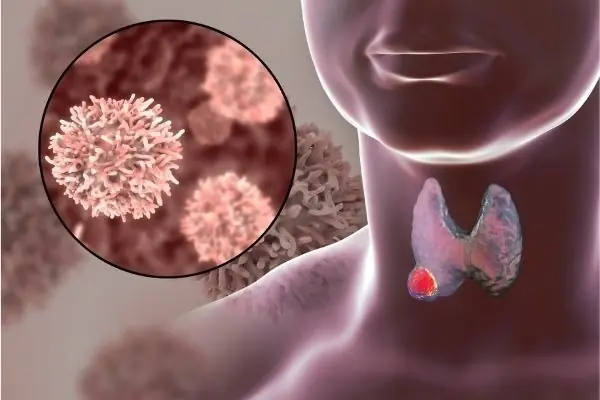
7 Early Warning Signs of Nasopharyngeal Cancer: Even One Symptom Is a Reason to See a Doctor
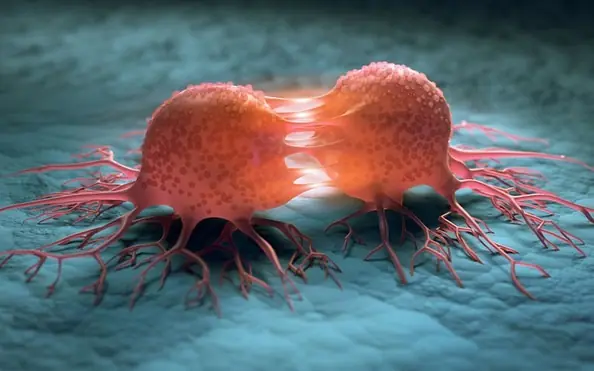
Breakthrough: Scientists Discover How to Revert Cancer Cells Back to Normal

Professors blame one childhood eating habit for surge in colon cancer among Gen Z and Millennials

Are you sleeping on hidden toxins?

Tapeworms in Humans: Symptoms and Treatments (Pictures Included)

11 Health Warnings Your Fingernails May Be Sending

Lemon + Cucumber: The Underrated Power Duo That Will Transform Your Health

Refresh Your Health: Benefits of Cucumber, Ginger, Mint, Lemon, and Water

If Cancer Is Lurking in the Body, These 3 Signs Often Appear at Night — But Many People Ignore Them

Cancer Is Painless at First, But If You Notice These 8 Signs While Using the Toilet, See a Doctor Early: Don’t Ignore Them

9 Indications of lack of magnesium You Ought to Be aware

17-Year-Old Girl Hospitalized Due to Kidney Failure, Requires Lifelong Dialysis: Doctors Warn of 3 Common Habits Among Young People

Boy, 6, dies after experiencing common symptom which affects almost every child

The 7 Covid symptoms that shouldn't be mistaken for hay fever this summer
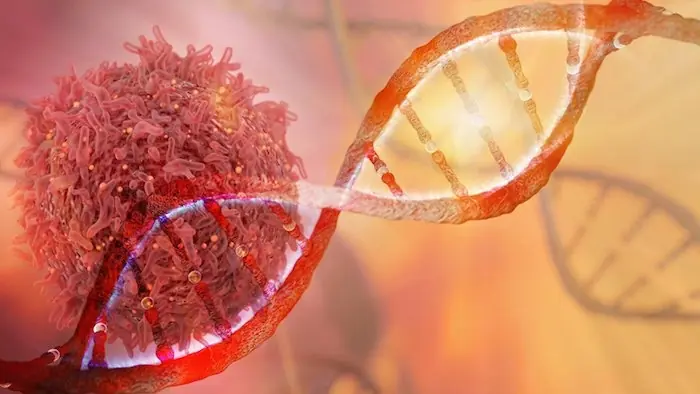
Warning: 9 Silent but Dangerous Signs of Cancer – Listen to Your Body
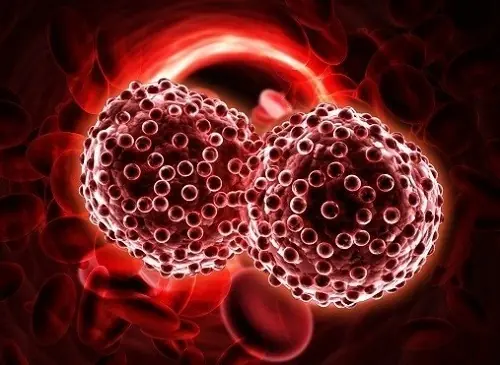
7 Early Signs of Blood Cancer Everyone Should Know
News Post

The Miracle Remedy That Has People Abandoning Hospitals: Cures Cancer, Diabetes, High Blood Pressure, and Poor Circulation!

DIY Lemon Ginger Turmeric Power Shots: Boost Your Health Naturally

7 Early Warning Signs of Nasopharyngeal Cancer: Even One Symptom Is a Reason to See a Doctor

Breakthrough: Scientists Discover How to Revert Cancer Cells Back to Normal

'This Is Us' Star Chrissy Metz Stuns in Multicolored Ruffled Dress at the Variety Power of Women Nashville Event – Photos

Reba McEntire Is a Proud Mom of One Son – She Shared a Heartwarming Dance with Him at His Fairytale Wedding
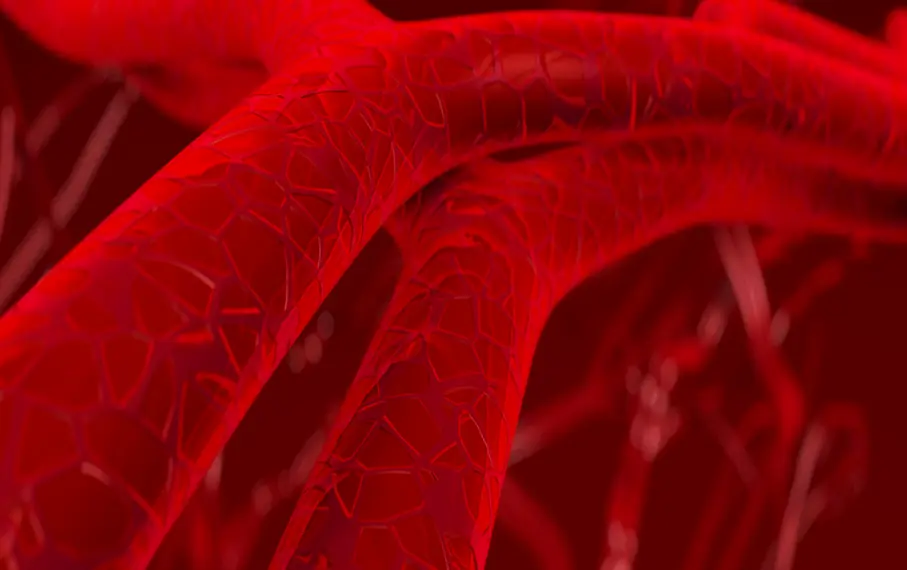
Top 10 Spices & Herbs to Support Arterial Health
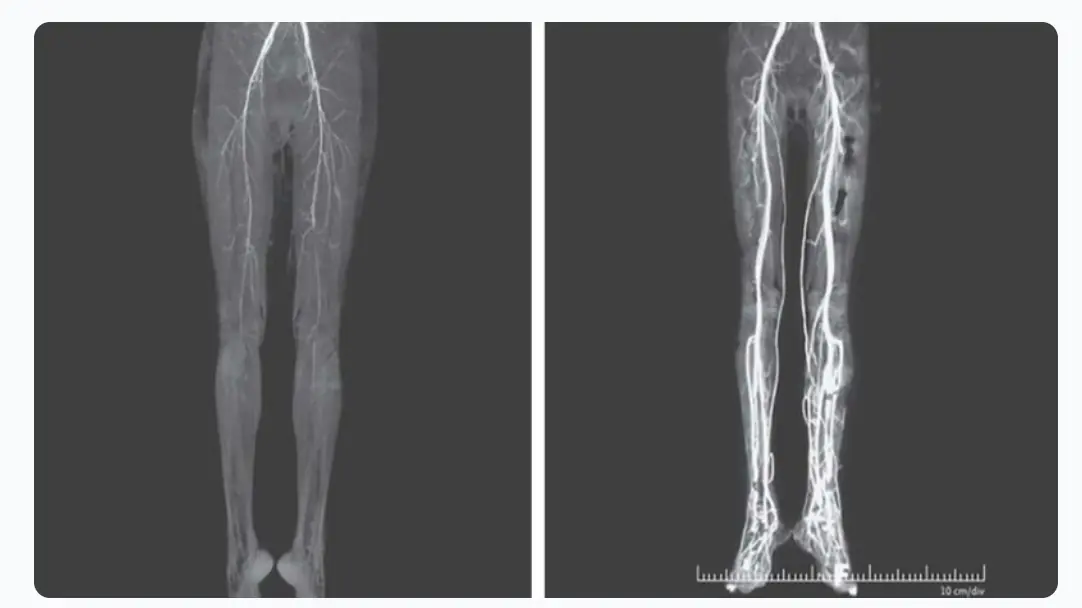
Woman Experiencing Burning Pains Turns Out To Have Medieval ‘Holy Fire’ Disease

The Truth Behind ‘Durex’: What Its Name Actually Stands For Has Left People Stunned
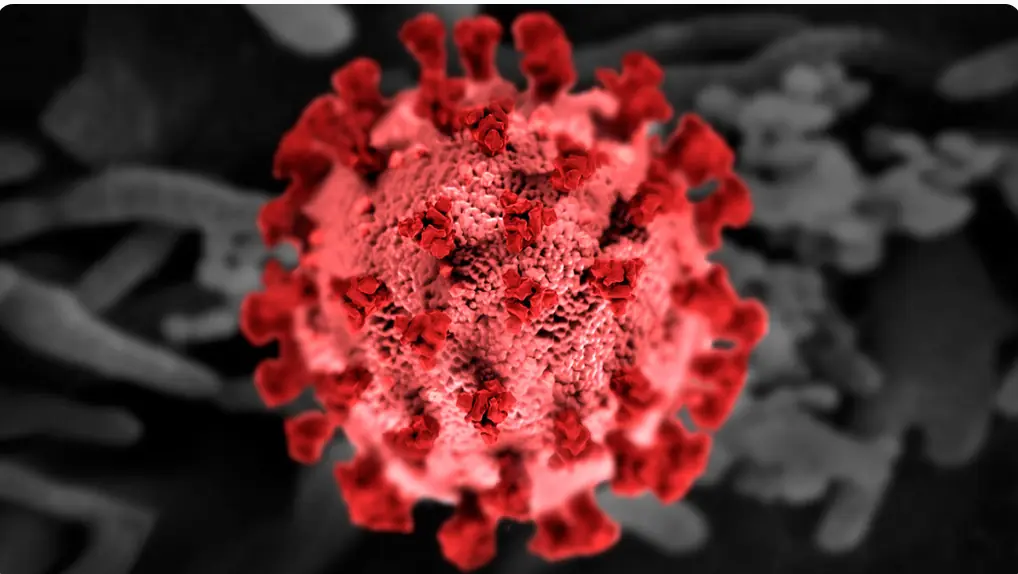
The New Leading Infectious Disease: COVID-19 No Longer Top of the List

12 Best Foods To Support Digestive and Gut Health

Professors blame one childhood eating habit for surge in colon cancer among Gen Z and Millennials

Are you sleeping on hidden toxins?

What Your Tongue Says About Your Health

Sabrina Carpenter Shows Up at the 2025 Met Gala Pantsless, Igniting Online Buzz

'Hope It's a Girl': Fans Are Convinced Rihanna Is Pregnant Following Her 2025 Met Gala Appearance — Photos

Halley’s Comet Is Back, But This Time, It’s Raining Fire

Meghan Markle Shares a Picture of Prince Harry with Their Children Archie and Lilibet Enjoying a Walk in the Garden
Following Prince Harry's BBC interview, where he shared his hopes for reconciliation with his family, Meghan Markle posted an endearing black and white photo of her husband and their kids on Instagram.

Meghan Markle Shares a Picture of Prince Harry with Their Children Archie and Lilibet Enjoying a Walk in the Garden
Following Prince Harry's BBC interview, where he shared his hopes for reconciliation with his family, Meghan Markle posted an endearing black and white photo of her husband and their kids on Instagram.